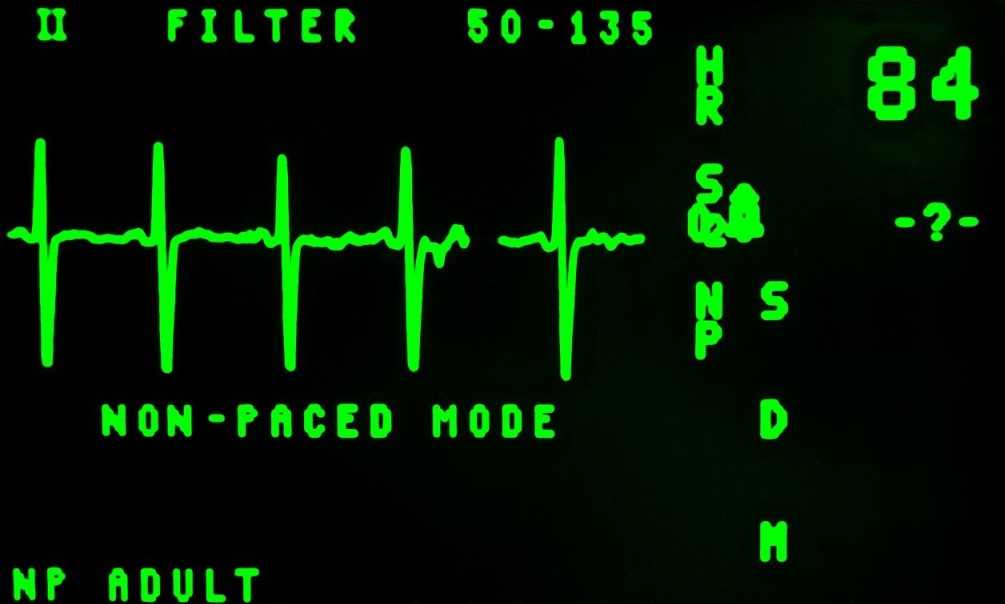
The most common medical error cardiology patients suffer is misdiagnosis, and over half of cardiology patients who were victims of any medical error died as a result.
This was found in research released late last year by The Doctors Company, a medical malpractice insurance provider to physicians. The company reviewed closed medical malpractice lawsuits and claims over treatment mistakes with cardiology patients between 2014 and 2019. A total of 210 such medical malpractice cases were included in the research (“Cardiology Closed Claims Study”).
The findings outlined where the errors occurred, the most common errors that were made, and how severely the cardiology patients were harmed by the medical errors.
Errors Made in Hospitals
The researchers found the majority of cardiology medical malpractice claims came from hospital care – 59% of all claims. They also identified specific areas within hospitals where the medical errors were made:
· Patient rooms – 29%
· Cardiac catheterization lab – 13%
· Intensive care units – 6%
· Operating rooms – 5%
· Emergency rooms – 5%
Diagnostic Errors and Cardiology Patients
One of the most common – and most serious – medical errors is misdiagnosis. According to the Society to Improve Diagnosis in Medicine (SIDM), a group focused on eliminating diagnostic errors, one out of three medical malpractice lawsuits in which the patient died or was permanently disabled involves a misdiagnosis.
The broad medical error of misdiagnosis encompasses:
· A wrong diagnosis
· A missed diagnosis
· A delayed diagnosis
Misdiagnosis was the most common medical error found in reviewing the cardiology medical malpractice cases. Mirroring SIDM’s broad statistics, one-third of these specific cases were due to diagnostic error.
Several factors contributed to the diagnostic errors. The leading factors were:
· Inadequate patient assessments – delays in ordering test, ignoring relevant patient symptoms or test results
· Poor communication among healthcare providers
· Lack of communication with patients and their families
· Failure to obtain a referral or consultation
Over Half of Malpractice Claims Involved Patient's Death
This study of cardiology medical malpractice claims measured the severity of harm patients suffered. More than half of the patients on whose behalf the claim was brought – 54% - died from a medical error.
This may be expected when misdiagnosis is the most common medical error. The SIDM reports that diagnostic errors kill 40,000 to 80,000 hospital patients every year in this country.
Other serious injuries suffered by cardiology patients in the medical malpractice cases were:
· Cardiac pulmonary arrest
· Infarction of the heart or brain
· Brain, heart or lung damage
· Hospital-acquired infection
The study provides recommendations to doctors and hospitals on how to avoid making serious diagnostic errors.
Healthcare providers need to respond quickly to test results, as a timely diagnosis can be critical. If test results are delayed, prompt follow-up is required.
Doctors should conduct thorough patient assessments and review detailed medical histories.
While this study was focused on cardiology patients, misdiagnosis remains a threat to patients of all kinds. When a misdiagnosis occurs, and the standard of care is not met, the outcome for patients and their families often is devastating.
If you or a loved one was a victim of a misdiagnosis or some other grave medical error, contact a personal injury attorney experienced in conducting medical malpractice investigations.
The choice of a lawyer is an important decision that should not be based solely on advertisements.
Authored by Gray Ritter Graham, posted in Blog May 21, 2021

 RSS Feed
RSS Feed